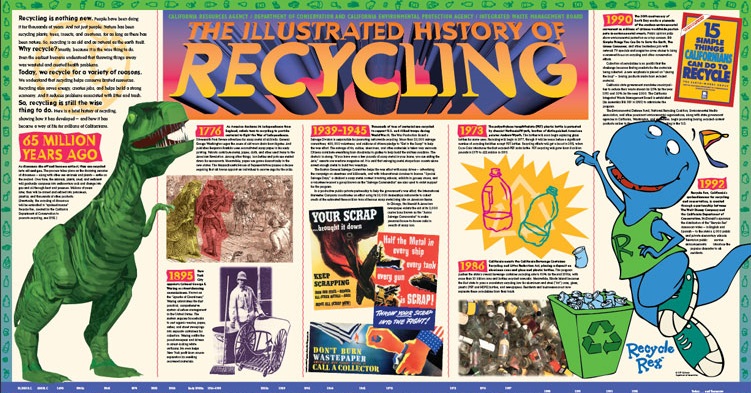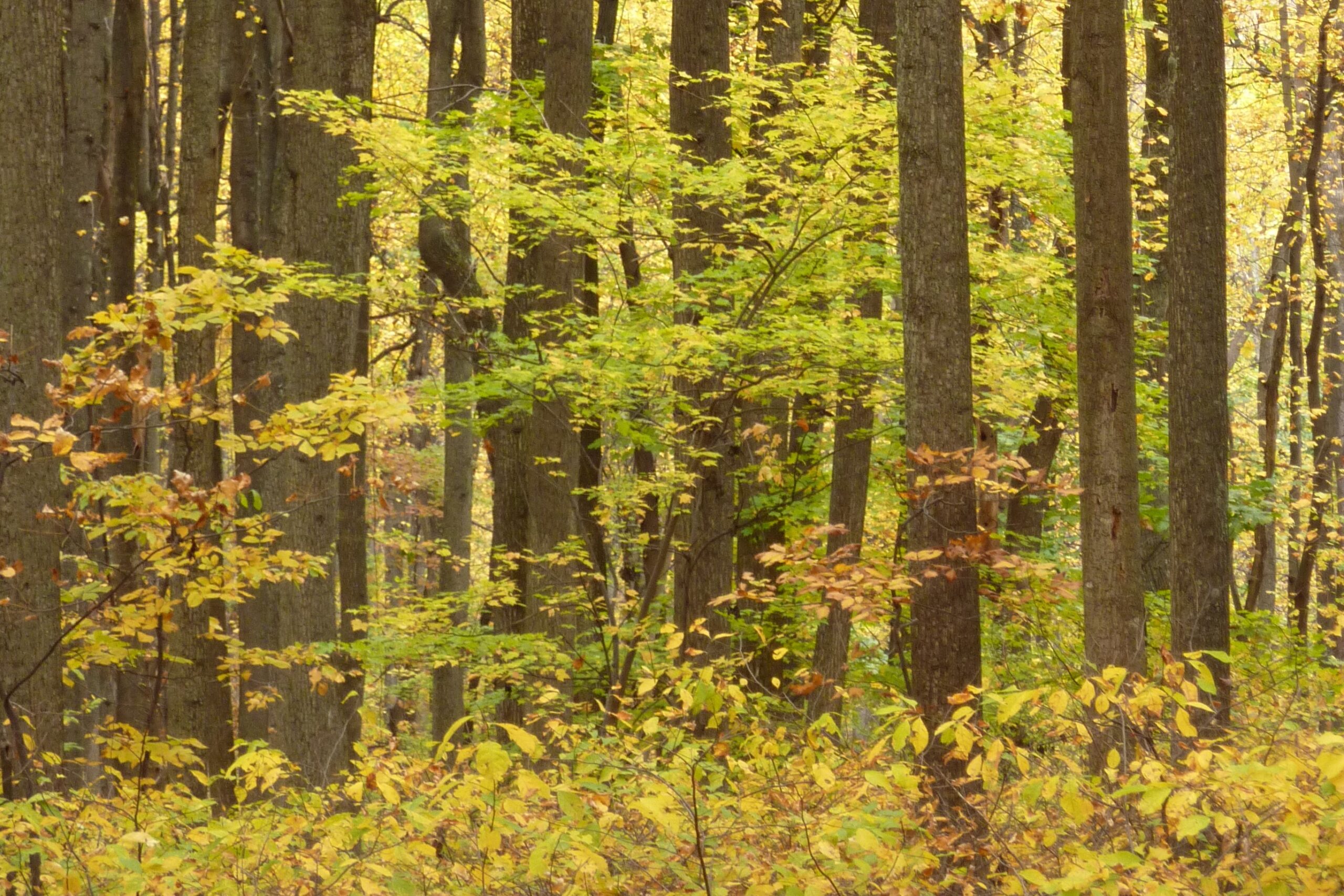
“Generativity,” like all words, is made up. In this case, it is comparatively new, coined by psychoanalyst Erik Erikson in 1950. “A concern for establishing and guiding the next generation” is Erickson’s most often quoted definition. The principle of generativity is clearly more well-known than the obscure word.
Common expressions of generativity apply to one generation establishing and guiding the next generation; or “a need to nurture and guide younger people and contribute to the next generation,” according to Merriam-Webster.
Generativity also refers to giving back, to taking care of one’s community or planet. Generations working together to take care of the planet creates what is perhaps the best big-picture definition.
“Save the planet” is a youthful mantra, a sort of request or warning from the younger generation to the older generations to protect our future. So, when turned around, the idea of older adults partnering with children to protect the environment creates an appealing, naturally incongruent picture.
Expect to see more of this juxtaposition of multiple generations cultivating community gardens, sharing rides and collecting recyclables, among other resource conservation projects. The generative experience helps nurture mutual respect among participants, and through example and results benefits society as well.
Whether used in conservation or conversation, generativity is a powerful word of action.
Note: Classrooms across California displayed “The Illustrated History of Recycling” poster, above, throughout the early 1990s. The art was created by Greenbaum Public Relations and Patrick Rooney Design for the California Department of Conservation. Learn more about Recycle Rex and school recycling programs at CalRecycle.






